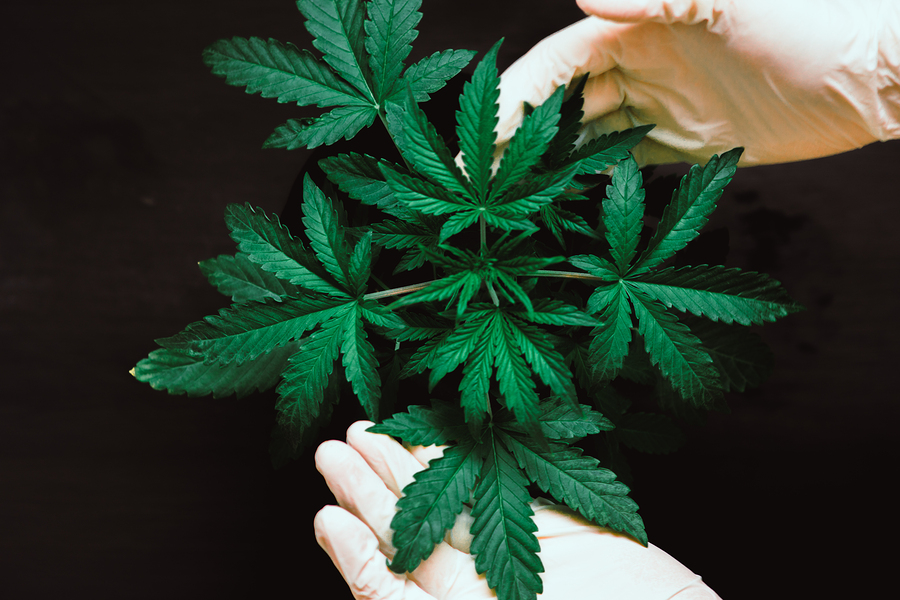In Canada, the Access to Cannabis for Medical Purposes Regulations (ACMPR) authorizes the prescription of cannabis for medical purposes, without considering the dried flower and its derivatives as a drug in its own right. What road remains to be travelled before obtaining cannabis in a pharmacy?
Having initially been reluctant in recent years, the Ordre des pharmaciens du Québec is now in favour of the distribution of therapeutic cannabis in pharmacies. This does not mean that you will find dried leaves or concentrated oils behind the counter in a few weeks.
“The energies of the federal and provincial authorities are currently focused on adoption and supervision of the bill on non-medical cannabis,” says Manon Lambert, director general of the Ordre des pharmaciens du Québec.
The medical cannabis pathway
Whatever happens to recreational cannabis, whether or not it becomes available in the local store, the Ordre, as well as patients and doctors consulted by Health Canada, favour a reserved medical cannabis distribution system through pharmacies.
“These patients undoubtedly benefit from the support and advice of a regulated professional,” says the Ordre’s director general. “Let us not forget that cannabis is often the third or fourth-line treatment for patients suffering from a chronic disease and already consuming other medications – it is essential for a pharmacist to check potential interactions and that he takes care of the proper dose.”
The nature of the product would itself justify different approaches. “The two categories of users are not looking for products with the same active substances,” explains Manon Lambert. “For recreational purposes it is maximizing the THC which is sought for its euphoric effect, while for medical purposes it would be the quantity of CBD which would be important.”
The “right” medical cannabis
The vagueness surrounding the dose and the non-standardization of the product are also a concern of the College of Physicians, who is inviting its members to exercise caution in prescribing medical cannabis. “We still do not know all the data on the safety of the product,” says Manon Lambert. “It is therefore quite normal that there are other options, which may have side effects but at least they are known!”
In parallel with the whole issue is the marketing of cannabis. “We know that several pharmaceutical companies are conducting formal studies, for example on the safety and security of cannabis, in order to develop a product that meets standards like any other drug,” explains Manon Lambert.
From a three-phase process that could cover a number of years, firms are now in the final stage.
“It’s not going to happen overnight, it’s about patient safety. Supervision of the marketing of a new drug takes a lot of documentation,” says the Ordre’s director.
Whether medical cannabis comes on the market by the particular route of legislation or by the more conventional route of marketing, it may be a tortuous path. In the meanwhile, patients with a medical paper certifying it can obtain cannabis from one of 109 distributors authorized by Health Canada. In Quebec there are eight to date.
